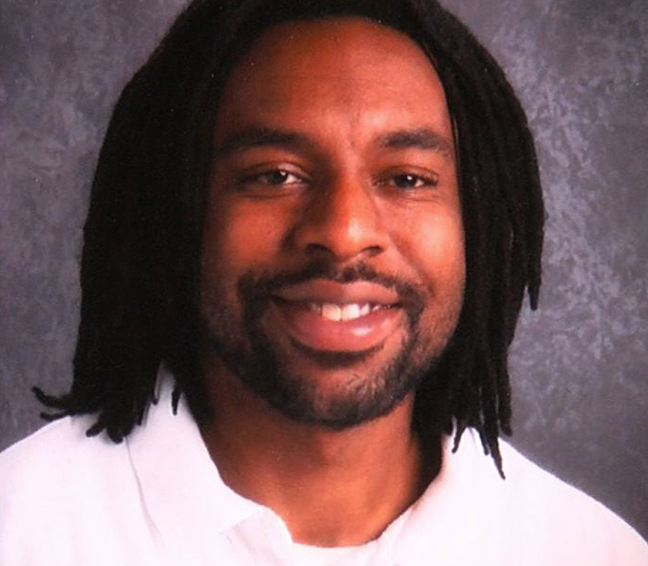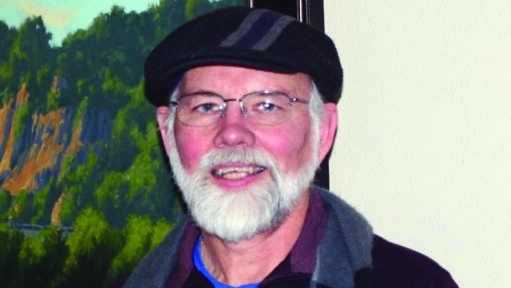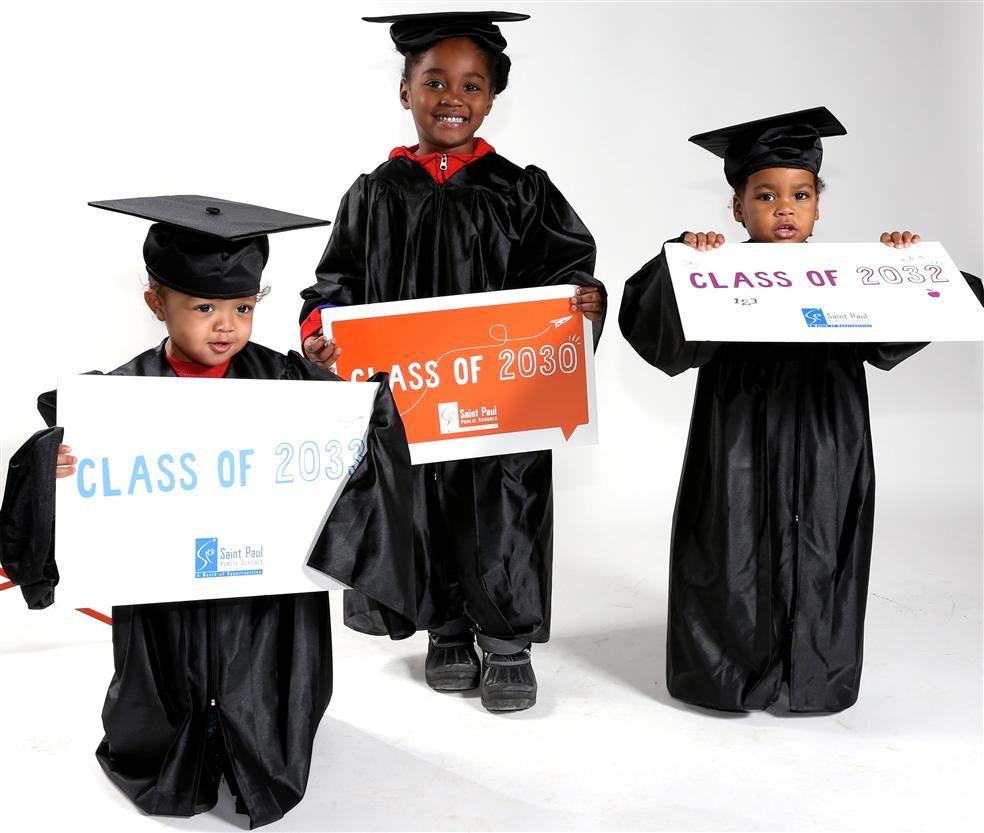Building a Non-racist Community: Denial or repair
by Tim Johnson
Retired Pastor, Cherokee Park United Church
[Editor’s Note: This is the eighth article in Tim Johnson’s series on racism.
Comments and insights are welcome: send to editor@communityreporter.org.]
It was tempting to ignore the problem. I was cleaning out the gutters, which itself presents a challenge I would prefer to ignore. Looking up, I noticed the overhang from our roof, otherwise known as the soffit, was coming loose in one spot. A gap of an inch to two inches stretched about 6 feet right at the edge where the soffit meets the roof. I immediately had a sinking feeling, wishing that I had not seen what I just saw. I held off a for a couple days before mentioning it to my wife, at which point we agreed the situation could no more be ignored than we can ignore pot holes on our city streets. There is something about naming a problem and sharing it with someone else that makes it harder to avoid, minimize or pretend it does not exist. Reluctantly we knew refusing to look up and face the growing gap in our soffit meant the problem would only get worse.
It certainly would not go away by our denial.
Our house has a stucco exterior. When the stucco repair companies gave us their estimates, I again wished we could simply ignore the whole thing. That’s the other part about facing problems; there is often a cost involved.
Given our very human tendency to minimize, avoid or straight up deny the most manageable problems, even in the face of all evidence, it should come as no surprise that addressing one as ingrained as racism often meets sharp resistance. Many of the same dynamics apply as they do in our personal lives. Philando Castile is shot because a police officer is fearful of a young Black man. It is easier and less costly to look the other way rather than seeing this as evidence of a deeper problem. George Floyd’s breath slips from his body as officer Chauvin keeps his knee on Floyd’s neck for 8 minutes and 46 seconds. In spite of many other similar incidents now captured on video, the nation’s Attorney General, William Barr, continues insisting there is no systemic racism within our police forces. If you refuse to acknowledge a problem, there is no need to address the problem.
It would be easier for the rest of us if we could simply say systemic racism is confined to our police forces, but that is a bit like pointing out the gap in our neighbor’s soffit while refusing to look at the huge chunk of stucco hanging precariously from our own house. If we are to truly address the racism threatening the integrity and structure of our respective homes, then places of worship, businesses (small and large), fields of education, medicine, media, and the most basic local expressions of our common life have to look honestly at the problems and challenges we face with racism.
In his book Begin Again, Eddie Glaude Jr. lifts up the work and life of James Baldwin who insisted that an essential role in addressing racism in our nation and communities is to bear witness. Bearing witness never means passively observing and then standing silently on the sideline. Bearing witness is about telling the story, “making it real for those who refuse to believe that such a thing can happen/has happened/is happening here.” Bearing witness means pointing up at the stucco hanging loose from the soffit and insisting it needs to be repaired. Bearing witness means refusing to deny or ignore the problem, knowing that to do so only makes matters worse. Bearing witness means accepting cost will be involved, because that is what repair requires.
It helps if the problem is shared and spoken out loud. I knew once I said something to my wife about the gap in our soffit, there was no turning back. This November 13 & 14, the Facilitating Racial Equity Collaborative (FREC) will be offering a venue for us to call out the problems in our midst, as it hosts its annual Overcoming Racism Conference. Eddie Glaude Jr. is the keynote presenter on Friday morning. Close to 50 workshops addressing racism are part of the afternoons. This year, because of COVID-19, the conference is virtual. It is a place for people to gather, name the hurdles and perpetrators of systemic racism and collectively bear witness as a first step toward repair. Registration begins on September 28. Information may be found at https://overcomingracism.org/. Join us.




